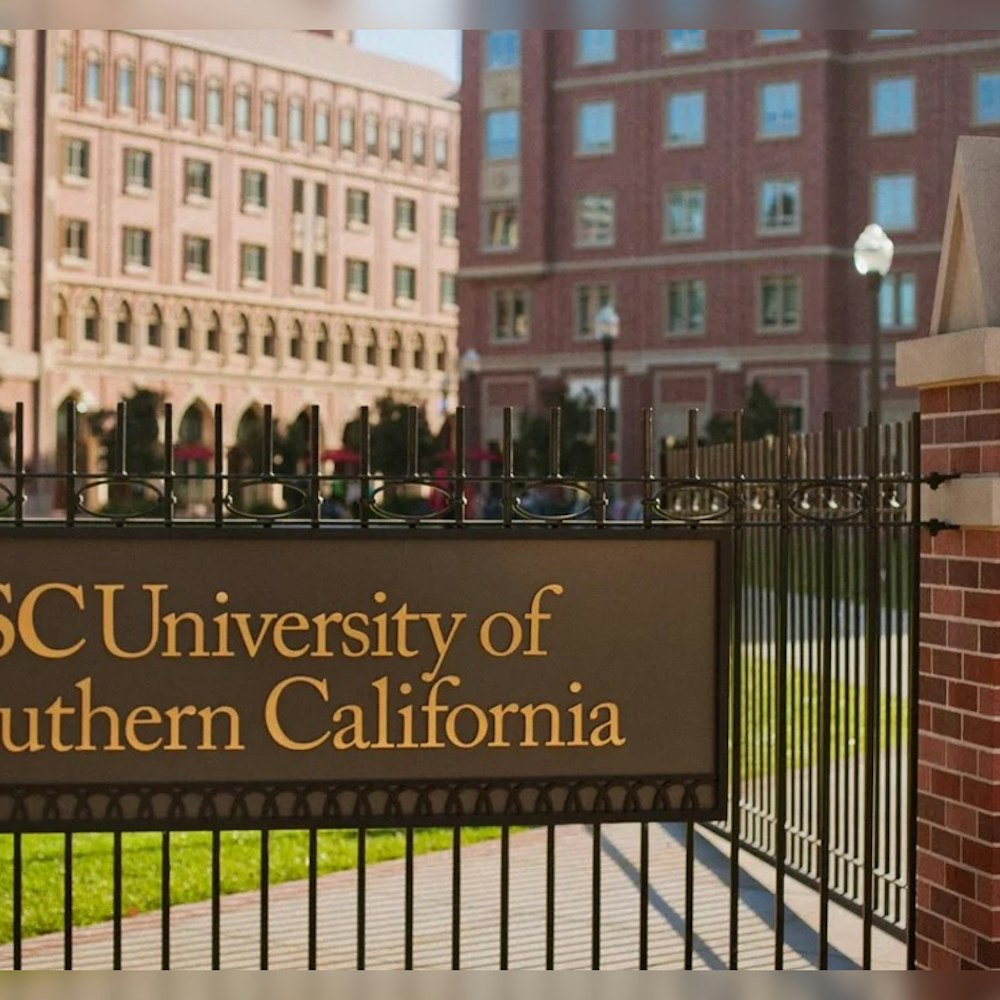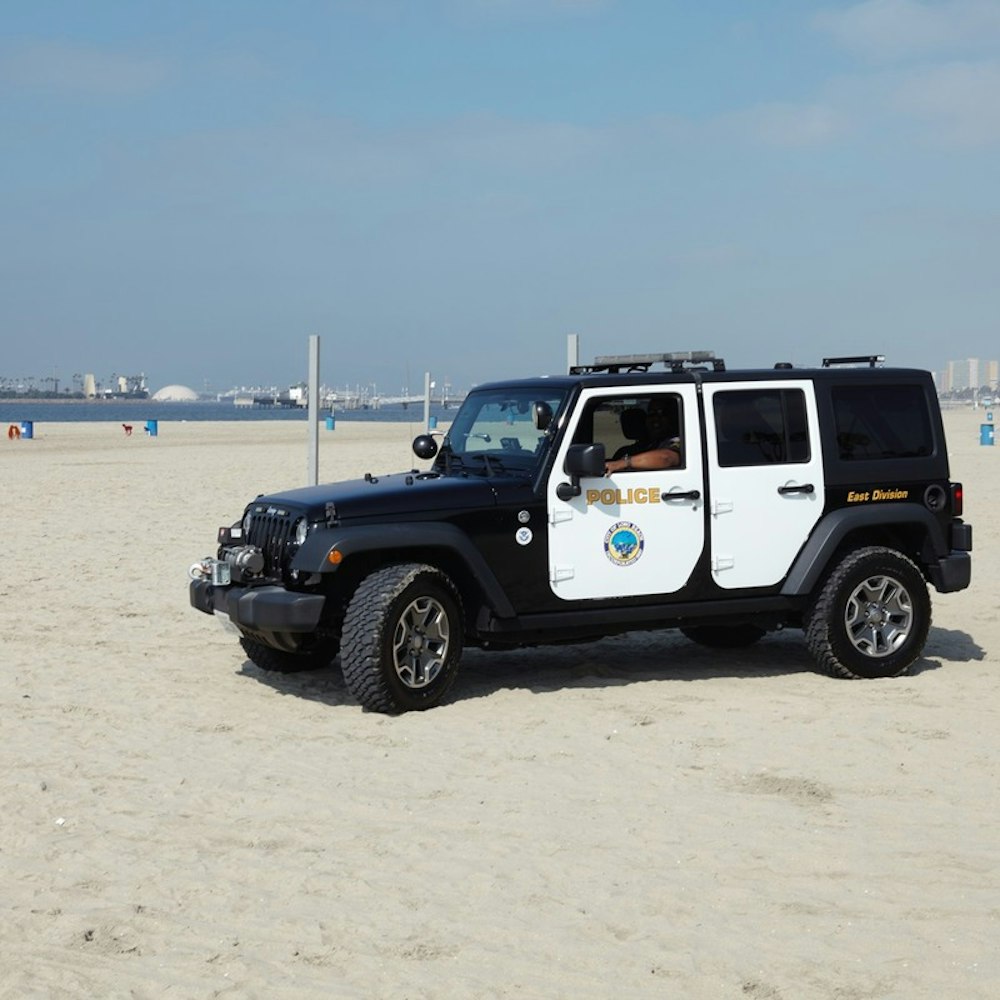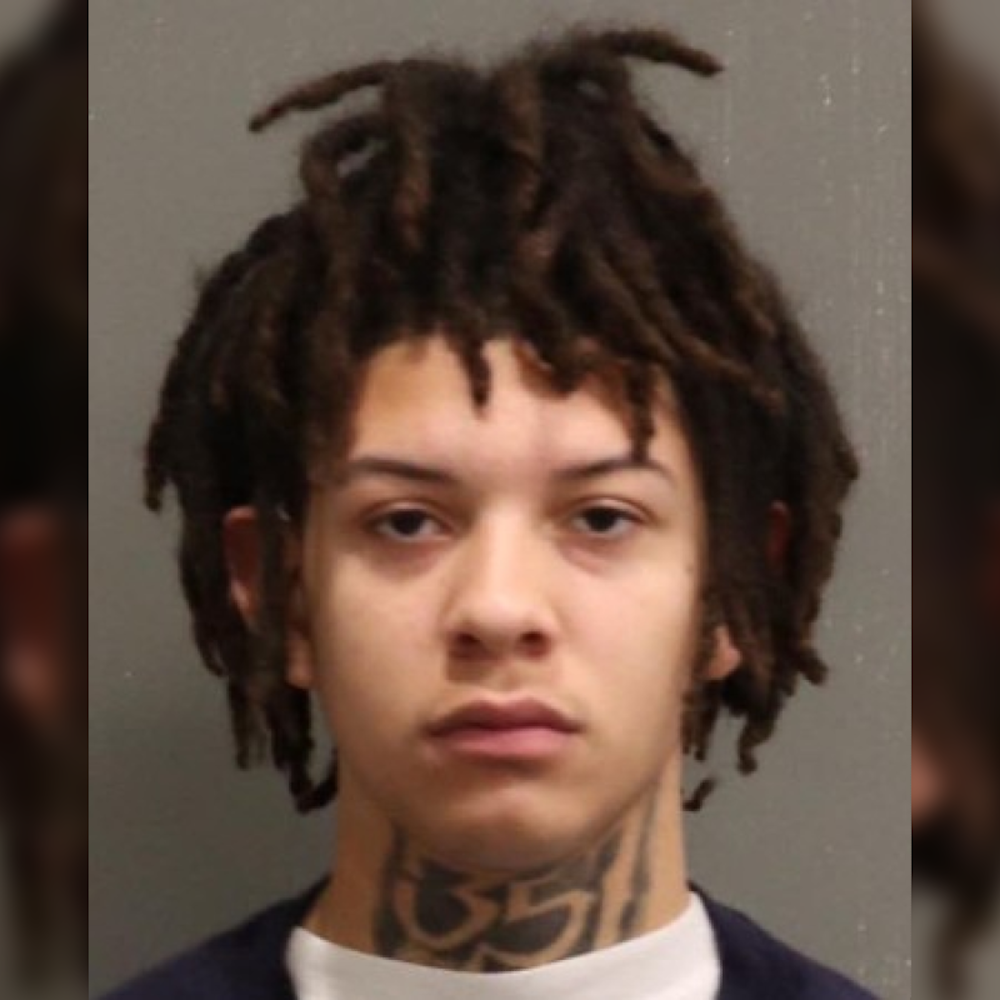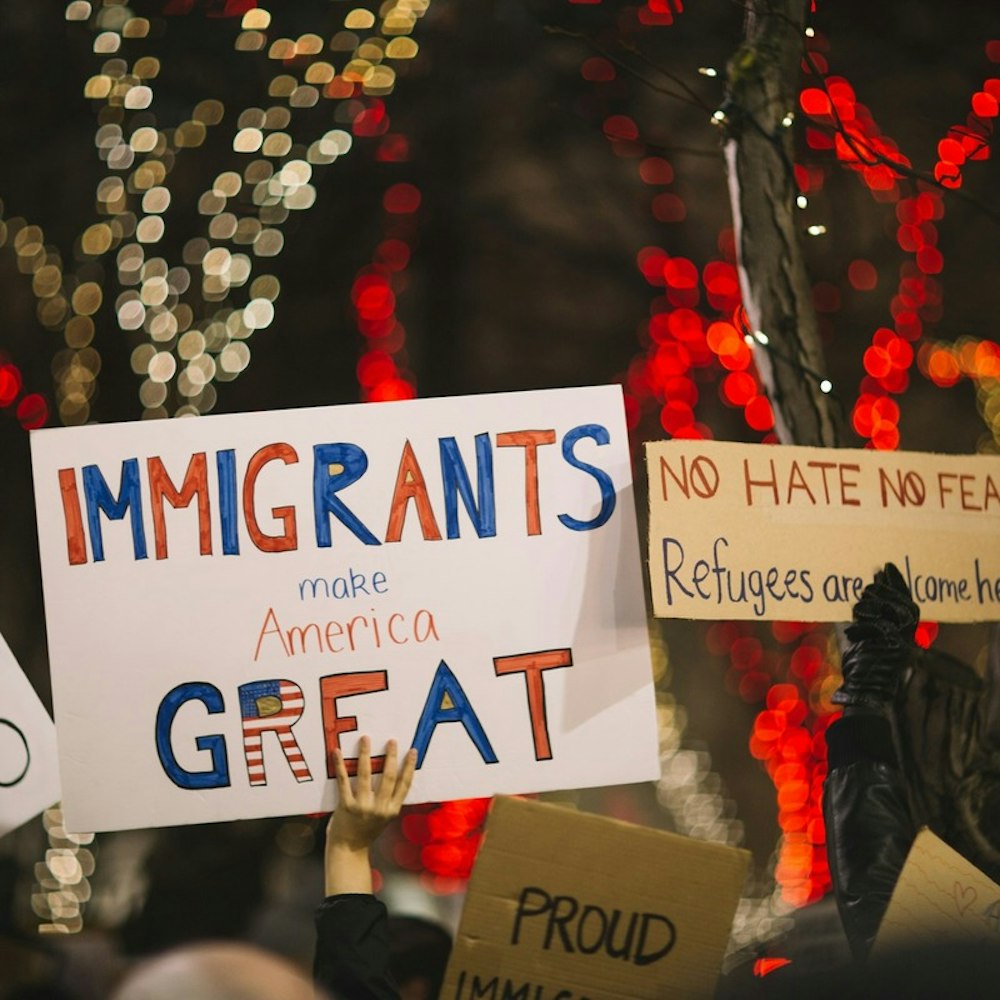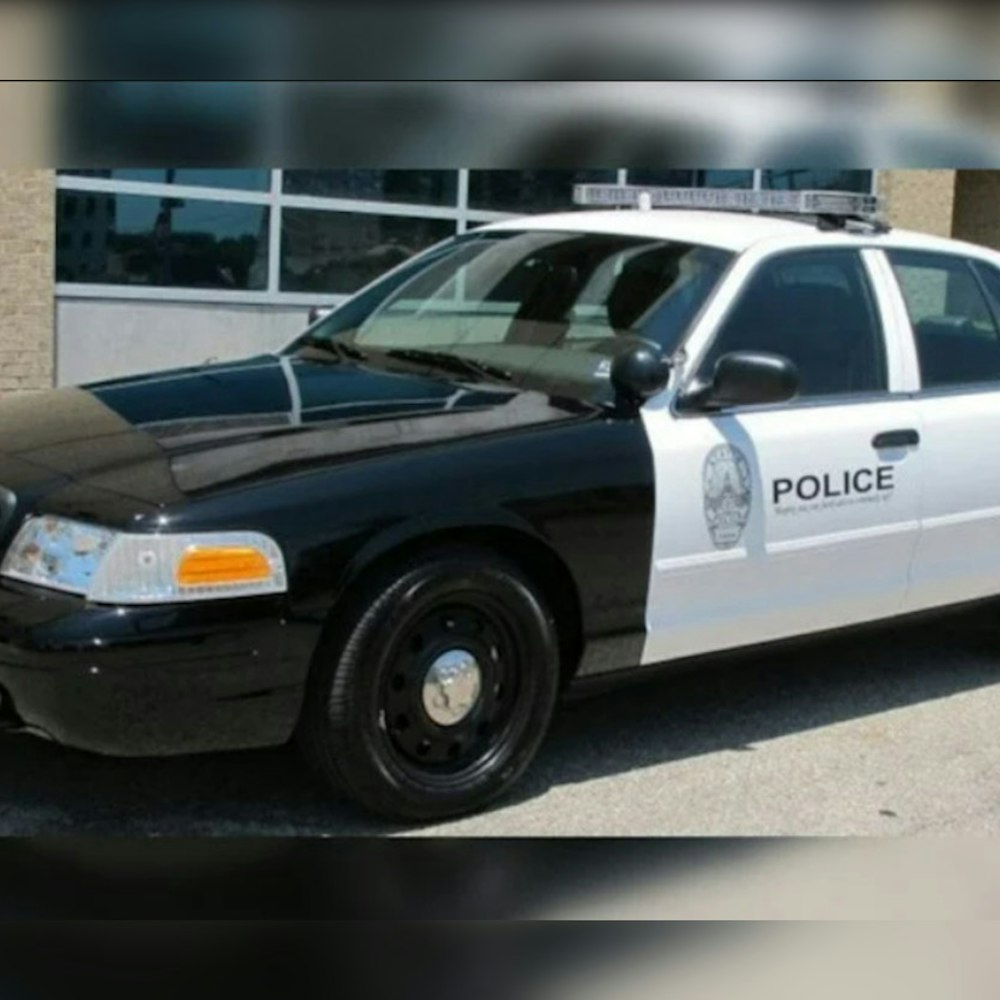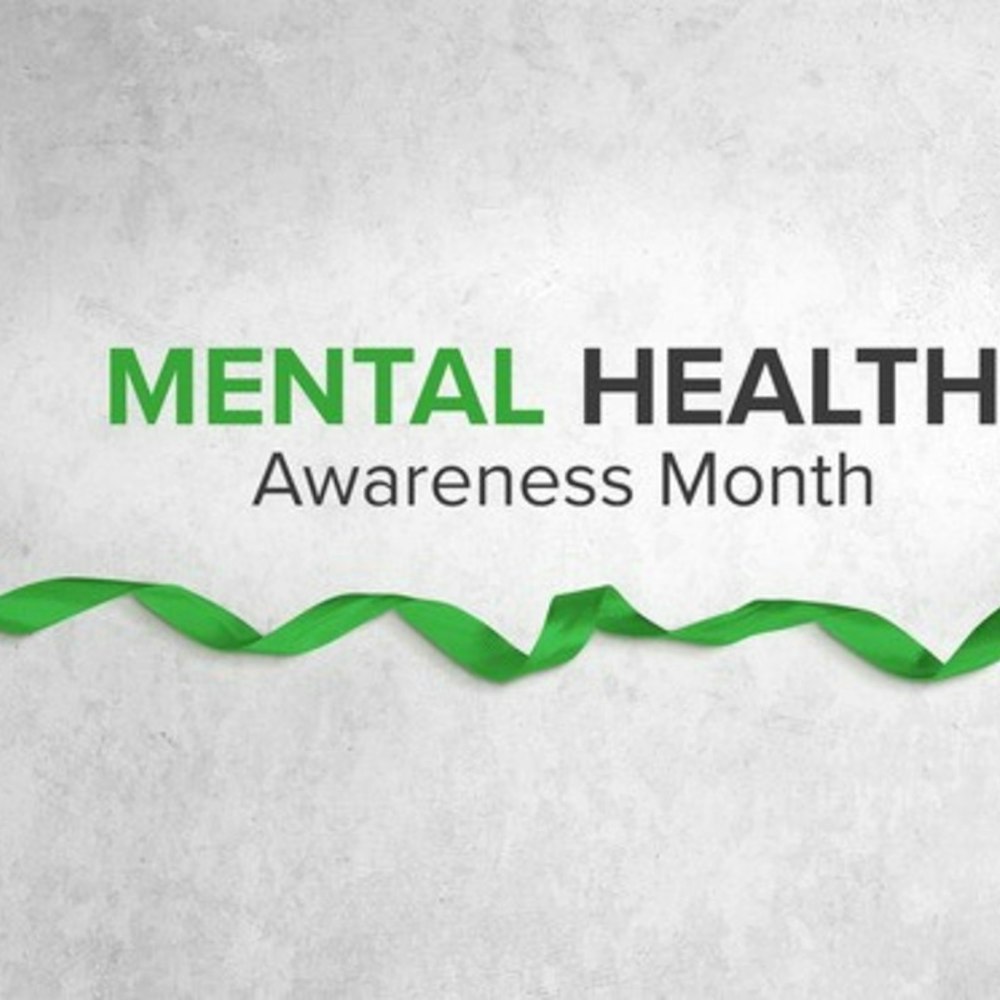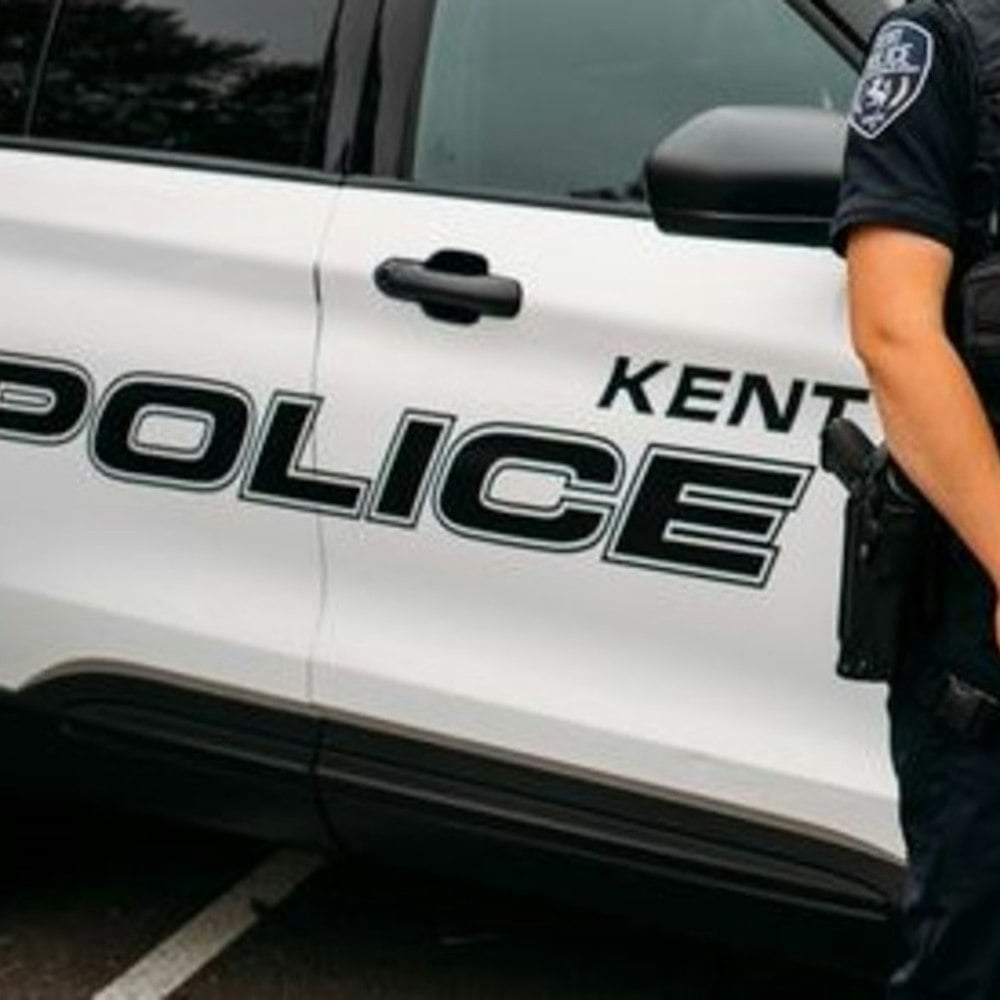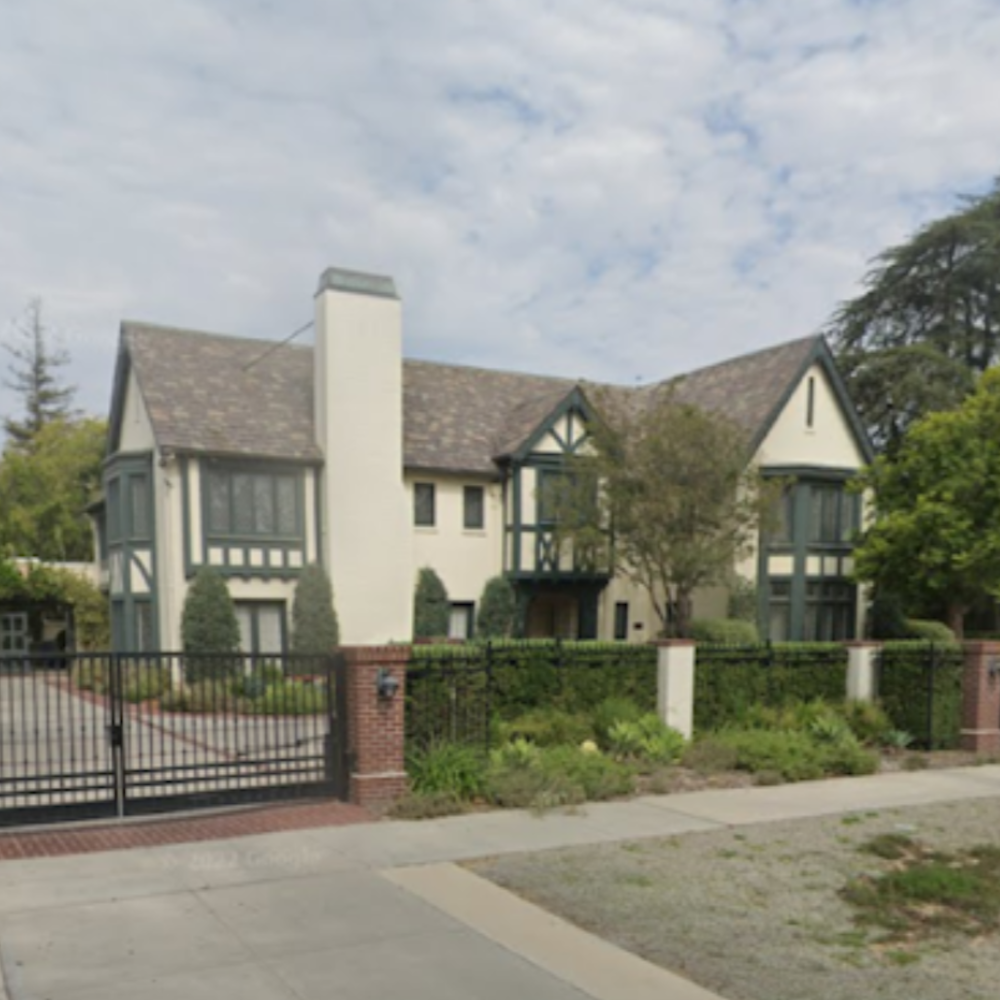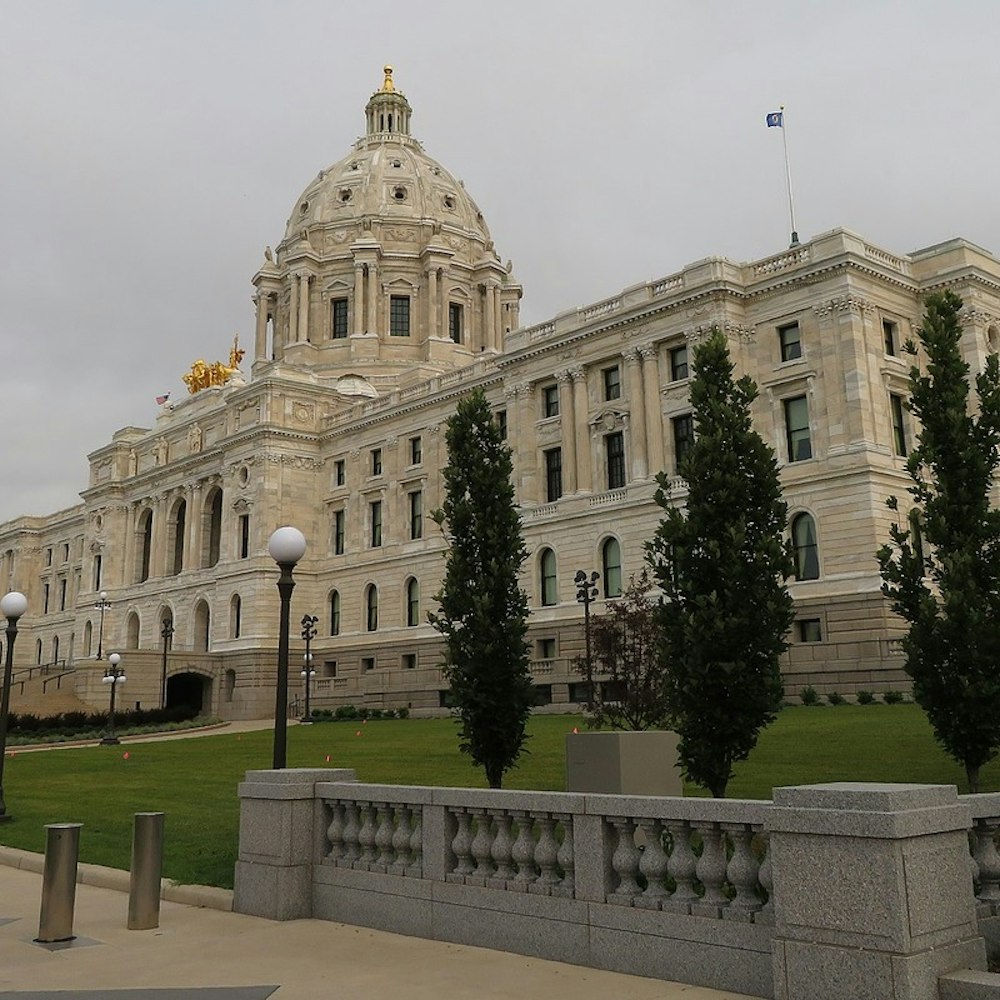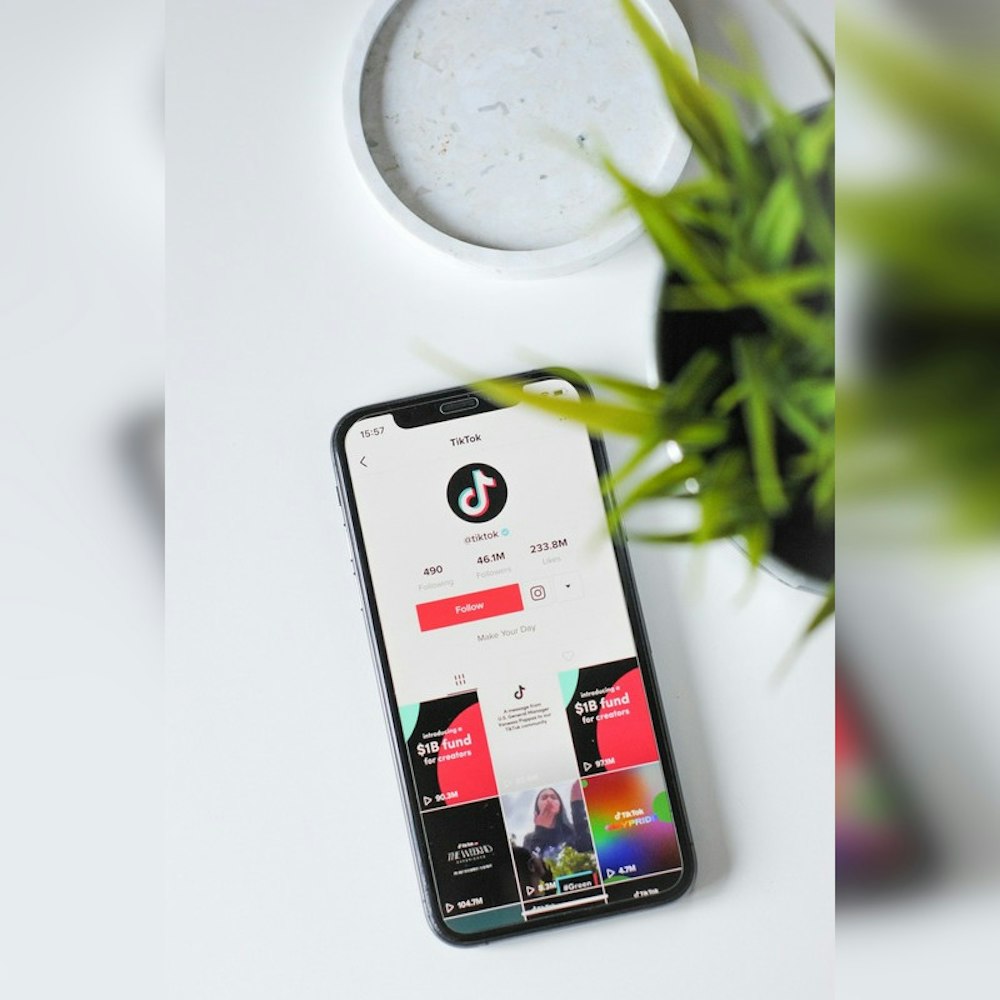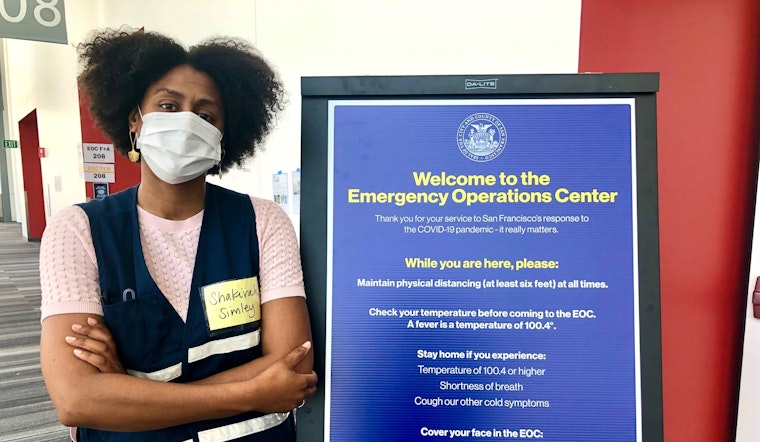
In cities across the country, people of color — particularly African-Americans — have made up a disproportionate percentage of deaths from COVID-19.
A recent CDC study found that black people were being hospitalized for COVID-19 at a rate that was nearly double their representation in the studied population. Similarly, 12% of California's COVID-19 fatalities so far have been African-American people, who comprise only 6.5% of the state's population.
That inequity holds true in San Francisco as well. The 94124 zip code, which encompasses Bayview and Hunters Point, is in the top three in the city for COVID-19 cases, according to data from the SF Department of Public Health.
At a public press conference last week, District 10 Supervisor Shamann Walton, who represents Bayview, said that all three people in the 94124 zip code who have died of COVID-19 were "African-American and lived in the Bayview District."
"The majority of folks who have been contracting the coronavirus have been African-Americans, Latinos, and Asians," Walton said.

That's no surprise to Dr. Sheryl Davis, who directs the city's Human Rights Commission (HRC).
"The same people you see being impacted by this data have experienced other inequities in San Francisco," Davis said. "Our system is flawed, and the community has always carried that burden."
In response to the inequities, Sup. Walton has called for a suite of additional protections for Bayview residents, including more pop-up testing sites that can also test asymptomatic people, and more educational resources and PPE for vulnerable people of color.
In a district with a sizable population of homeless people of color, Walton is also one of the Supervisors who called early on for the city to house all its homeless residents in hotel rooms, instead of congregate spaces like SROs and shelters.
"Anything less will continue to show that the SFDPH doesn't care about black people, communities of color, and District 10 residents," he said.
In response, the SFDPH provided the following statement to Hoodline:
SFDPH is looking closely at all SF neighborhoods and community members that may need more access to care, information, and resources. That's why the Health Department opened the first Field Care Clinic in San Francisco in the Bayview. This clinic will ensure that neighborhood residents have access to coronavirus testing, urgent care, and primary care for the duration of the pandemic, no matter how full the hospitals get.
The agency also noted that it has partnered with the city's Office of Racial Equity, directed by Shakirah Simley.
At the city's emergency operations center (EOC) at Moscone South, Simley serves as the equity officer, alongside her colleague, Brittni Chicuata. Together, they're working to gather data and conduct necessary outreach in communities of color.
In the wake of the shelter-in-place, Director Davis has hosted weekly community roundtables with low-income, minority and LGBTQ+ communities, with task forces appointed to each group. There's also a task force on food security for low-income people.
"I think the partnership with SFDPH is a good thing," said Davis. "They are willing to be challenged and under scrutiny."
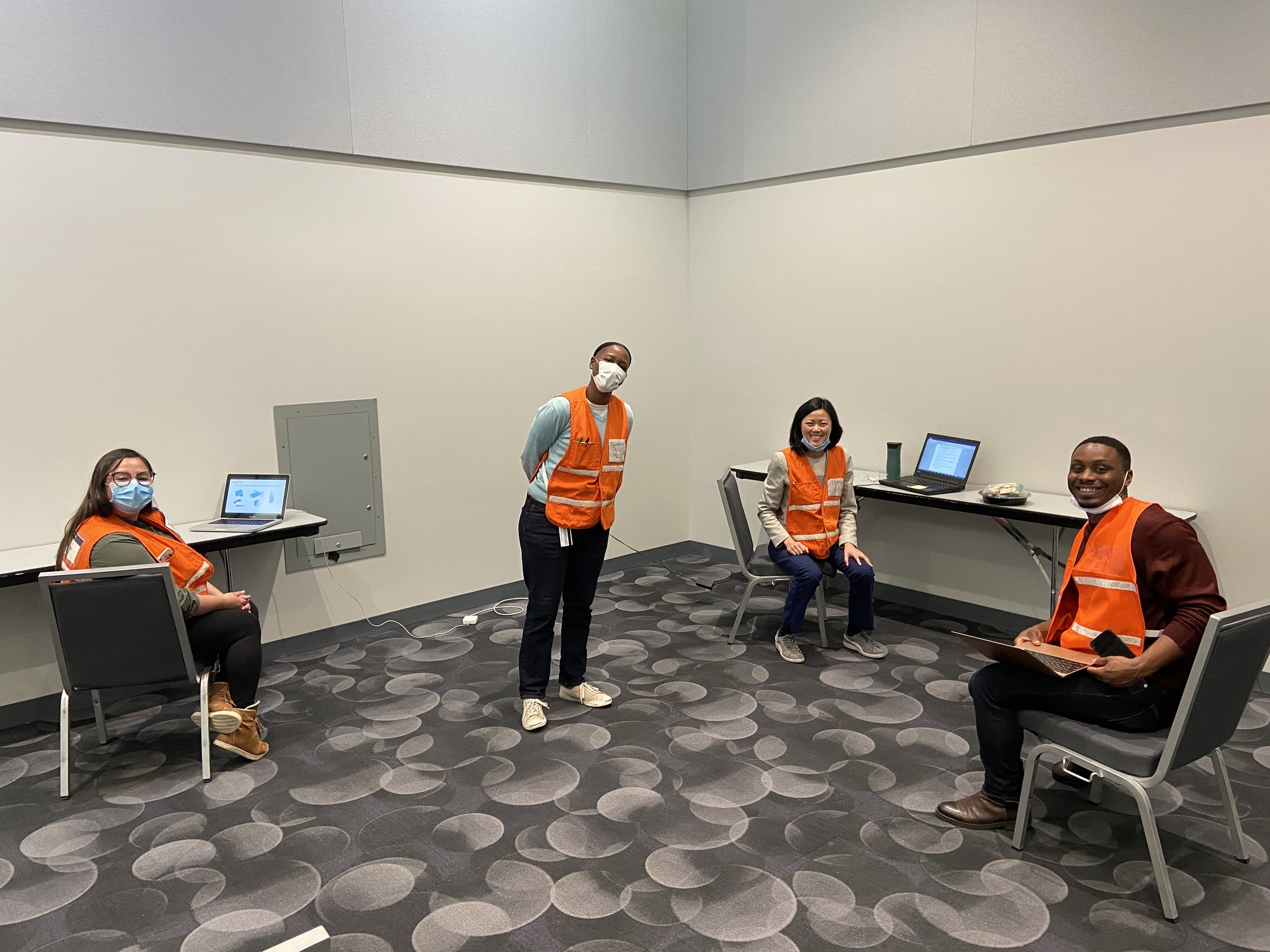
Many of the causes of racial inequity in COVID-19 diagnoses are well-known. People of color are more likely to be essential workers in frontline jobs: driving buses, bagging groceries and nursing patients with the virus.
Inadequate access to healthcare in neighborhoods like Bayview mean that many black San Franciscans have underlying health conditions that worsen the effects of COVID-19. Black people, in particular, are more likely to live in communities with high exposure to pollutants that can damage lung health.
Food insecurity is also increasing Bayview residents' vulnerability. With few area grocery stores and limited transportation options, residents — particularly elderly and disabled people who live on the neighborhood's steepest slopes — are reliant on meal delivery from groups like the Bayview Opera House, Salvation Army and Meals on Wheels and the Bayview Senior Center.
“While there is money given to businesses, we forget that people have been feeding residents within their communities for years with their own money," Davis said. "We need to center them and not leave them behind."
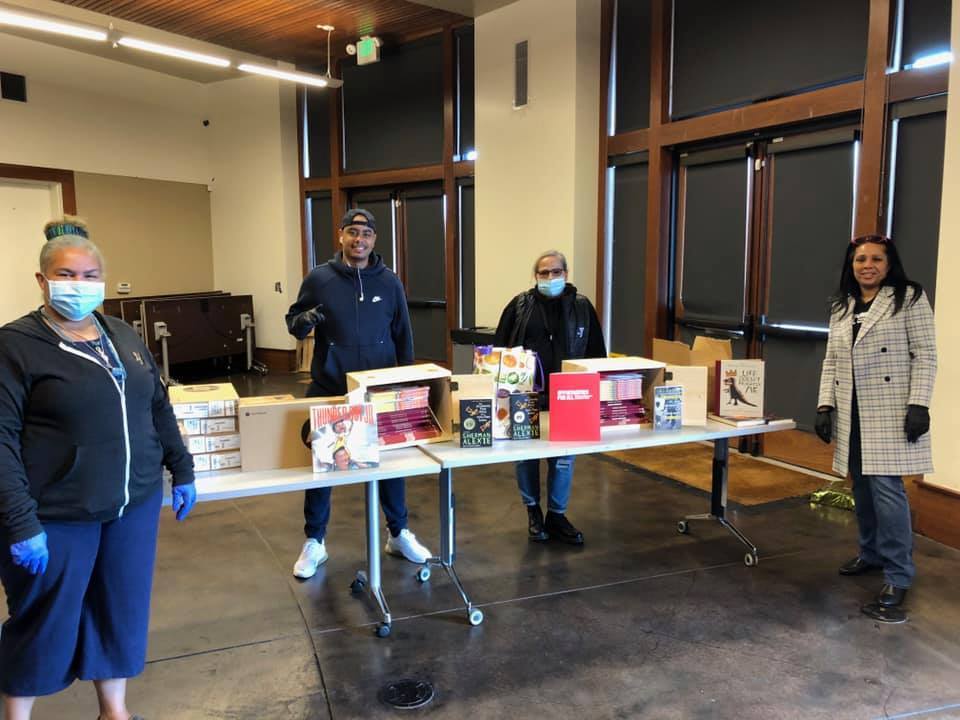
Simley also noted another, under-recognized factor: people of color are more likely to live in crowded intergenerational households, given the city's sky-high rents.
"In some cases, residents can't effectively social distance," Simley noted. "Higher density within homes leads to the transmission of the virus."
To help, the Human Right's Commission has teamed up with HOPE SF, SFPD, the Street Violence Intervention Program, and Collective Impact to host a weekly mask giveaway at Cornerstone Missionary Church. The giveaway is held every Thursday from 2:30 - 3:30 p.m.
But much more needs to be done, she said. "We need to be real about what's happening and start making policy decisions on access to care, testing, and treatment that center people of color."
Walton agrees.
"If you have a disproportionate number of cases in a particular area in a community, that means you cannot go with the status quo in terms of what you are trying to do to stop the spread of the virus," he said.
For a full list of resources offered to District 10 residents, visit this link.
